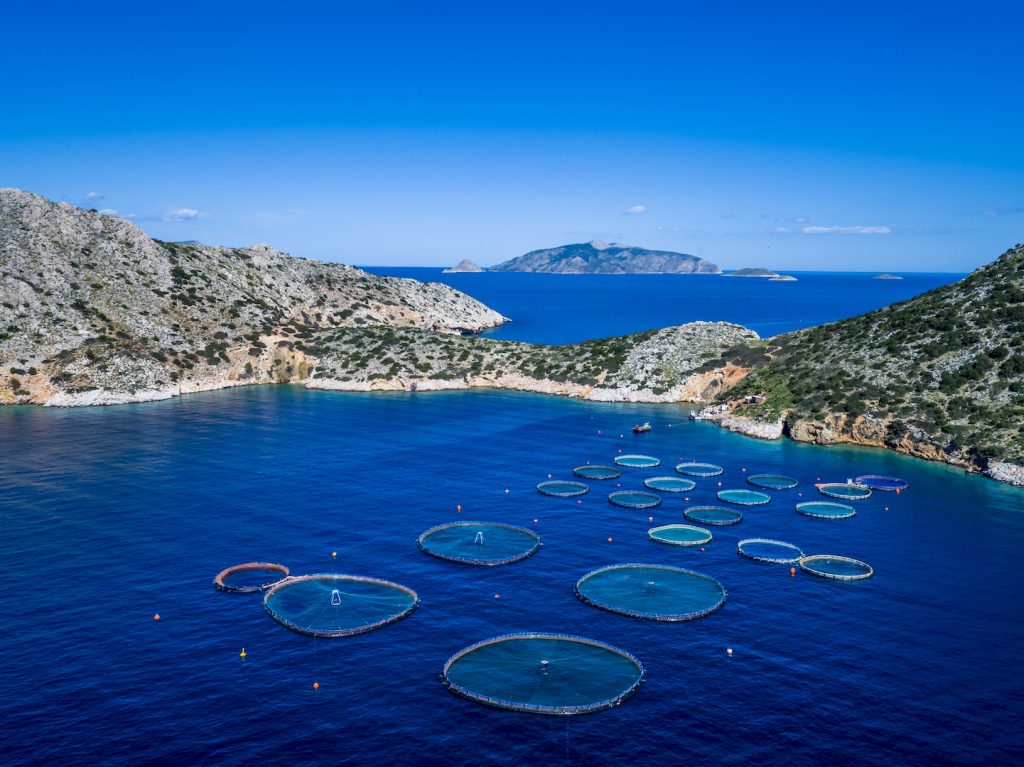
The development of aquaculture in the European Union is supported by the European Parliament . In this context, it calls on the EU, which imports 70% of all seafood and fish consumed, to provide a reliable legal framework and funding.
According to the European Parliament, the EU should stimulate the development of the sustainable aquaculture sector. This support will benefit human health and promote the objectives of the European Green Deal. In particular, the European Parliament approved report on sustainable aquaculture in the EU drafted by rapporteur Clara Aguilera (Socialists, Spain) on Tuesday. With 486 votes in favour, 105 against and 27 abstentions, MEPs highlighted the social, environmental and economic potential of aquaculture in the EU.
Potential for the development of aquaculture
MEPs note that the EU imports 70% of all seafood and fish it consumes. This causes an annual trade deficit of EUR 21 billion. euro. In this context, the EU aquaculture sector has great potential for growth that remains untapped. However, its development needs a a transparent and reliable legal framework and financial predictability. These conditions should be ensured by the European Commission and EU Member States. aquaculture in the EU can contribute food supply and security. This will be achieved by rebalancing the fish deficit and making available sustainable and quality food with a smaller environmental footprint than terrestrial agriculture. This is how they will be supported the objectives of the European Green Deal and strategy "From farm to fork". The European Parliament also underlines the socio-economic opportunities linked to the development of the sector. Especially in the coastal and in rural areas. Marine aquaculture as well as freshwater aquaculture can create new regional ecosystems. Systems that will also provide employment opportunities to attract new workers.
Full use of available resources for the development of aquaculture
MEPs call on the Commission to set quantitative growth targets to encourage the development of the sector. They stress that the Commission and the Member States should make full use of the resources of the European Maritime, Fisheries and Aquaculture Fund (EMFAF) and allocate part of the Recovery and Resilience Facility to support the innovation and resilience of the EU aquaculture sector.
Statements
After the vote, the rapporteur said: "With this report, Parliament is drawing the attention of Member States and the Commission the main problems it faces today the sector of Aquaculture. The growth potential of the sector will only develop in a predictable, streamlined and business-friendly framework. The multi-annual national strategic plans should take into account the main obstacles for the development of this sector in the EU Obstacles which are significant. At the same time we must give the aquaculture sector the space it deserves through appropriate spatial planning."
Related information
Aquaculture in the EU accounts for only 1.15% of world production. Almost 70% of EU production is located in only four EU member states: France, Greece, Italy, Spain. Only 10% of EU seafood consumption comes from inland aquacultureThe EU is 41.2% self-sufficient in fish and seafood, which testifies to the momentum represented by the development of sustainable aquaculture in the EU.




